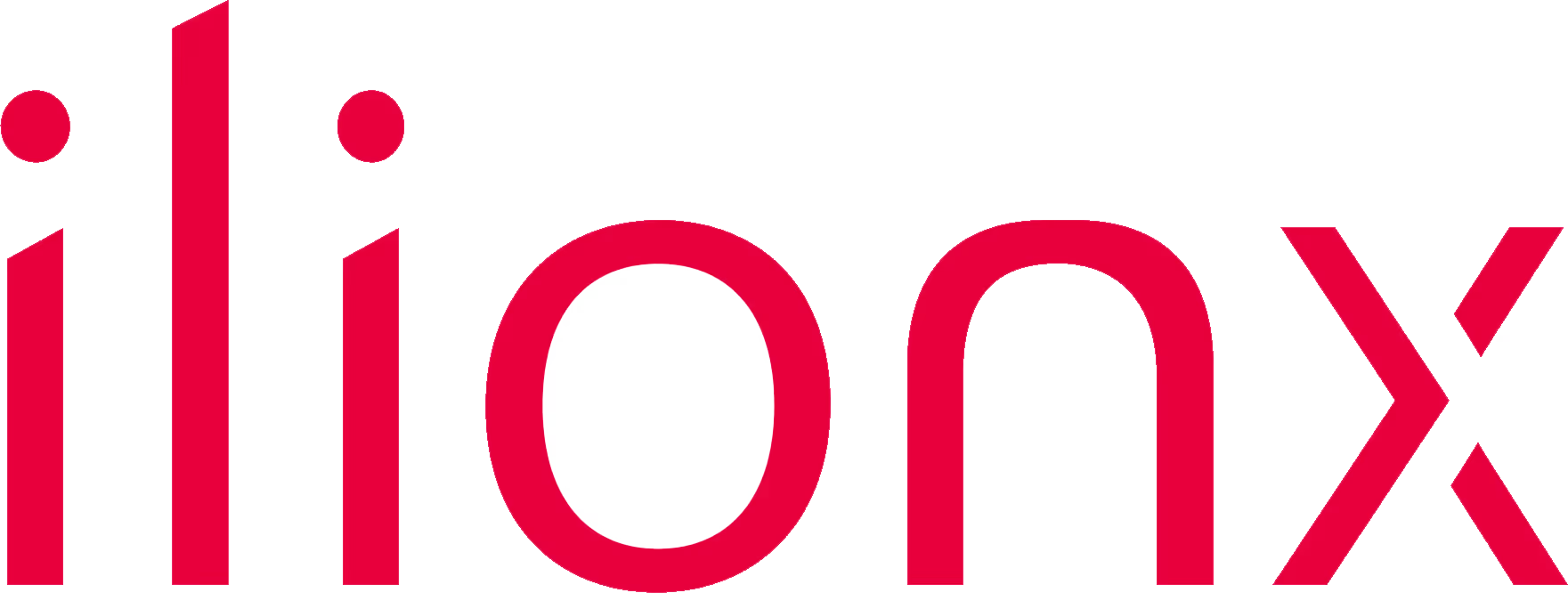Inter-State Studio & Publishing
Accelerating container adoption by 2 years at Inter-State Studio and Publishing
.avif)
Business overview
Inter-State Studio & Publishing is the largest family-owned school photography and yearbook company in the U.S. They provide student portraits, yearbooks, and custom print products to schools nationwide, processing millions of images each year with a strong focus on quality, efficiency, and scale.
The challenge
As Inter-State Studio & Publishing grew, so did the complexity of their IT environment. Years of scale had created a tangled infrastructure that slowed down support, introduced operational bottlenecks, and made troubleshooting increasingly reactive. They needed a way to modernize - something that would simplify container adoption, reduce overhead, and give their team more control without requiring deep specialist knowledge.
That’s where Portainer came in.
At a glance:
- Legacy systems were hard to manage and scale
- Support costs and response times were too high
- Teams needed an easier path to container adoption
- A more intuitive, centralized management solution was required
The real-world impact of smarter container management.
Increase in IT & support team productivity
Reduction in image editing staff through redeployment
Drop in error rate
The solution
Portainer brought structure and simplicity to a fragmented environment.
By centralizing container management, the team at Inter-State Studio could move away from reactive firefighting and towards confident, proactive operations.
Instead of jumping between servers and logs, they could now see everything they needed from one intuitive interface. Real-time visibility made troubleshooting faster. Standardized deployment reduced errors. And role-based access gave the team safer ways to collaborate.
"We shaved a good two years off the adoption of containerization because we had Portainer."
Even non-specialists could deploy containers with ease—no need to memorize commands or rely on advanced CLI knowledge. Portainer gave their IT team the tools they needed to modernize, without adding complexity.
It wasn’t just about reducing overhead. It was about regaining control.
It’s amazing how fast our containerization initiative has grown. From one dev fiddling around with docker-compose to a team running 3 small swarm clusters handling production workloads in one year... I doubt we could have moved that fast without Portainer to flatten out the learning curve.
"We shaved a good two years off the adoption of containerization because we had Portainer."













.avif)

.avif)


